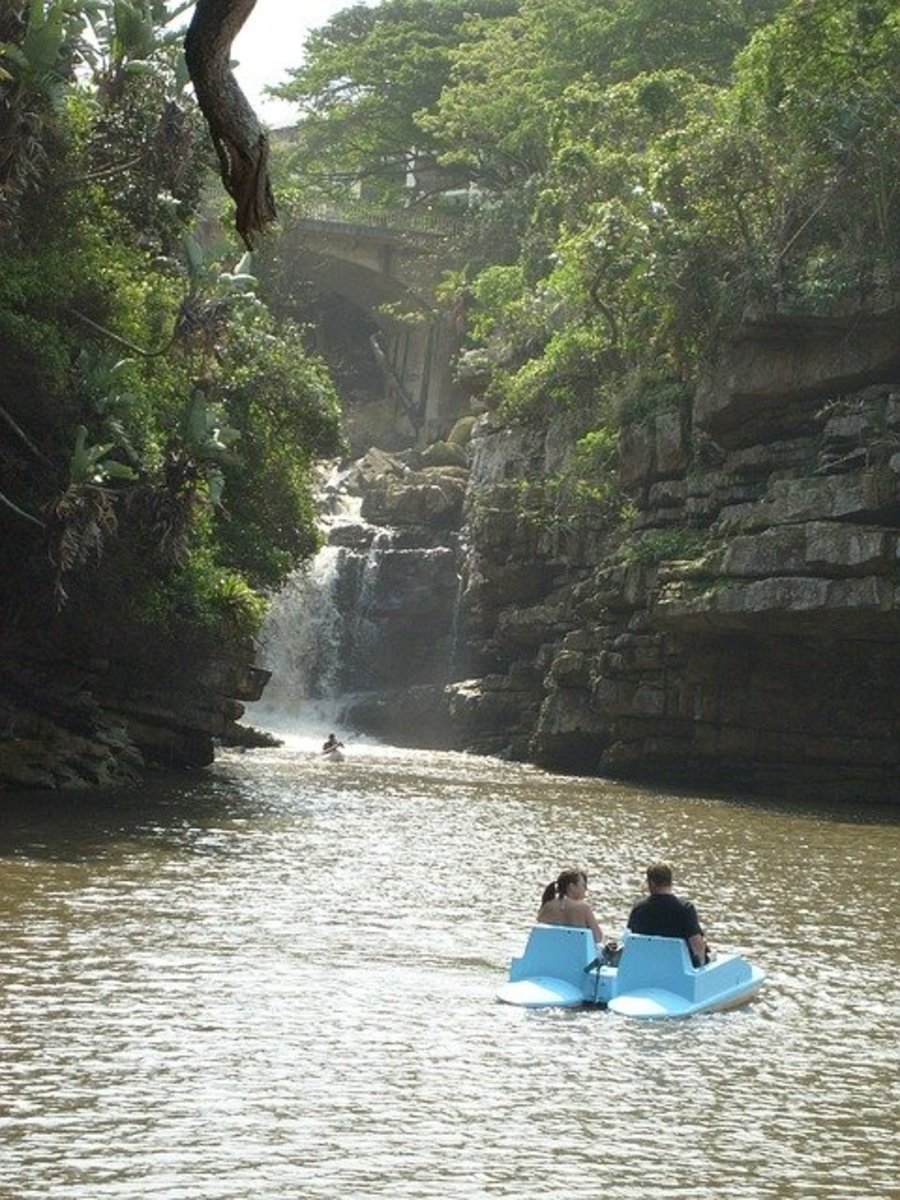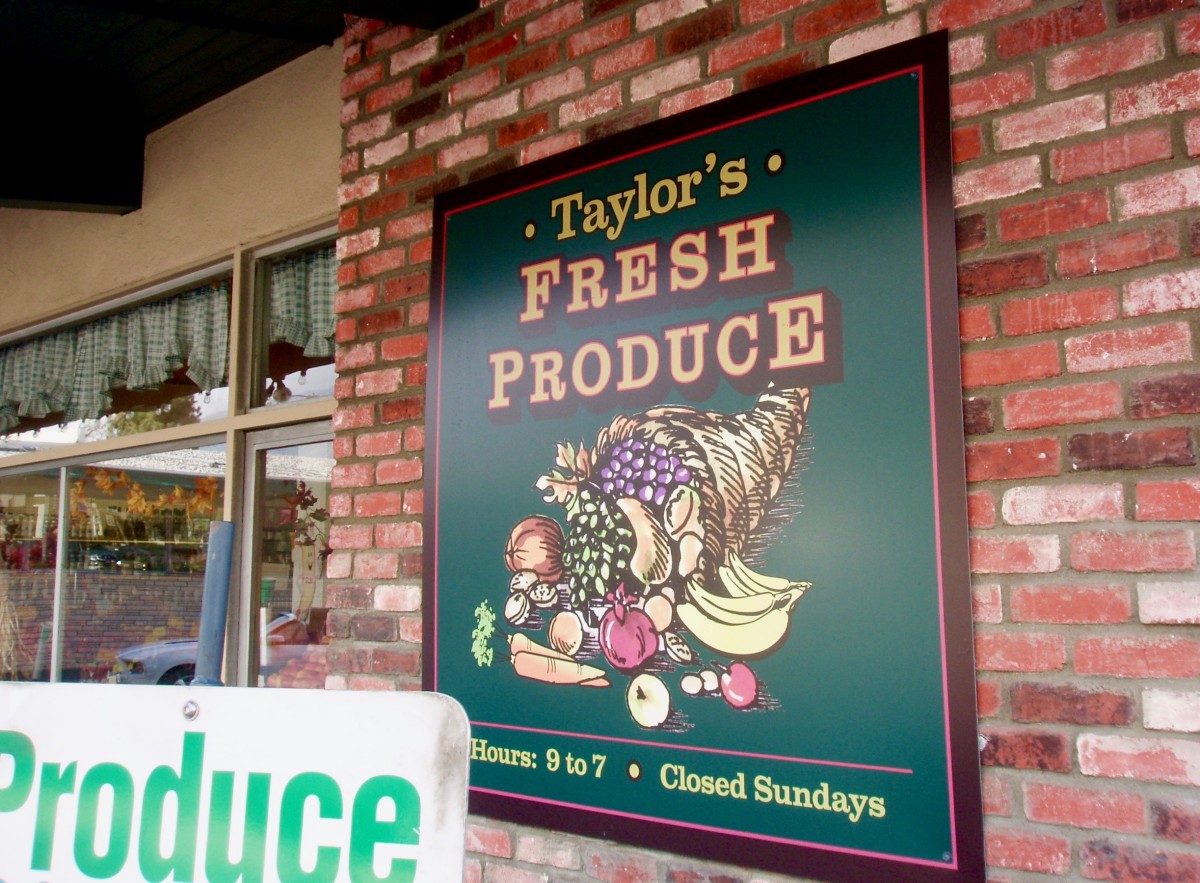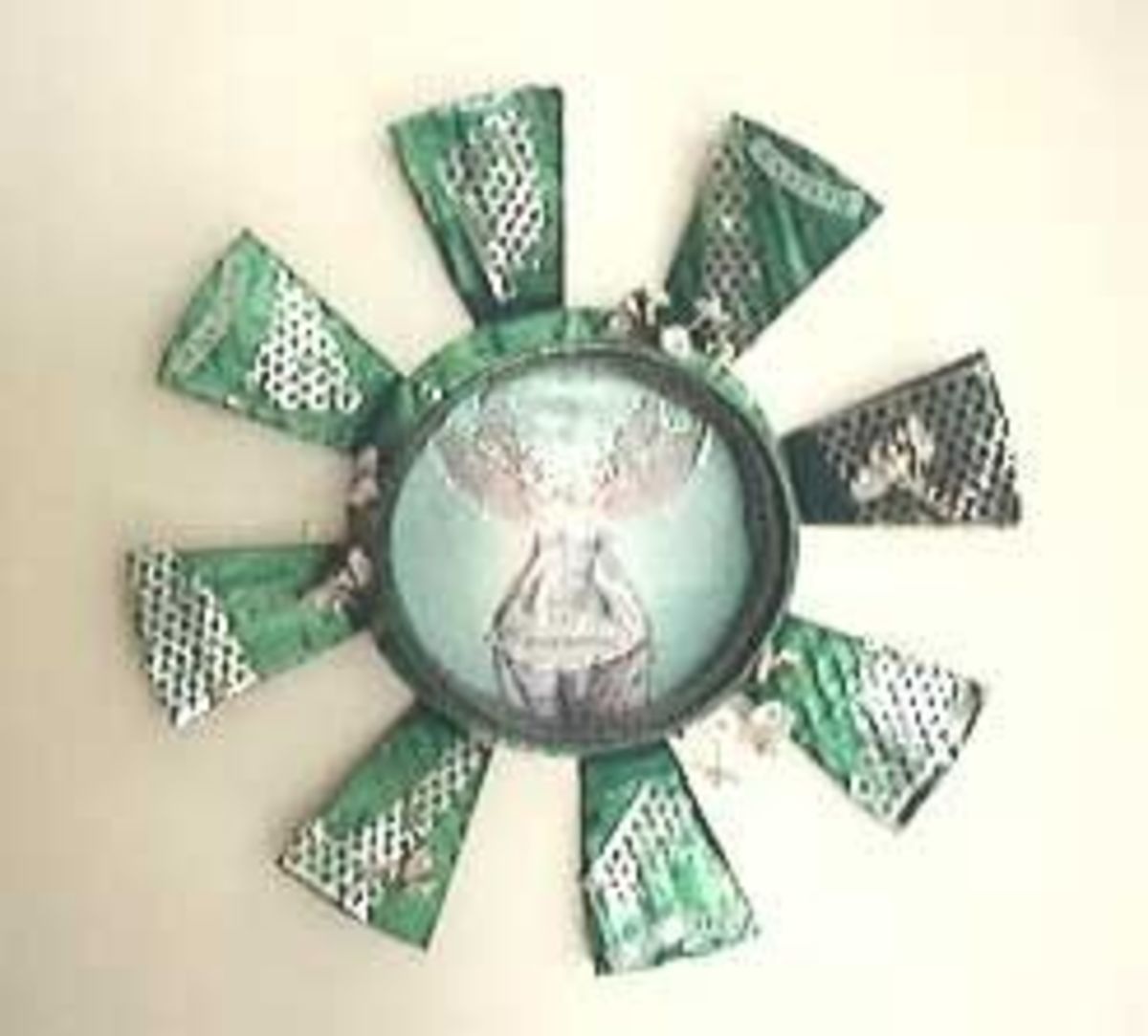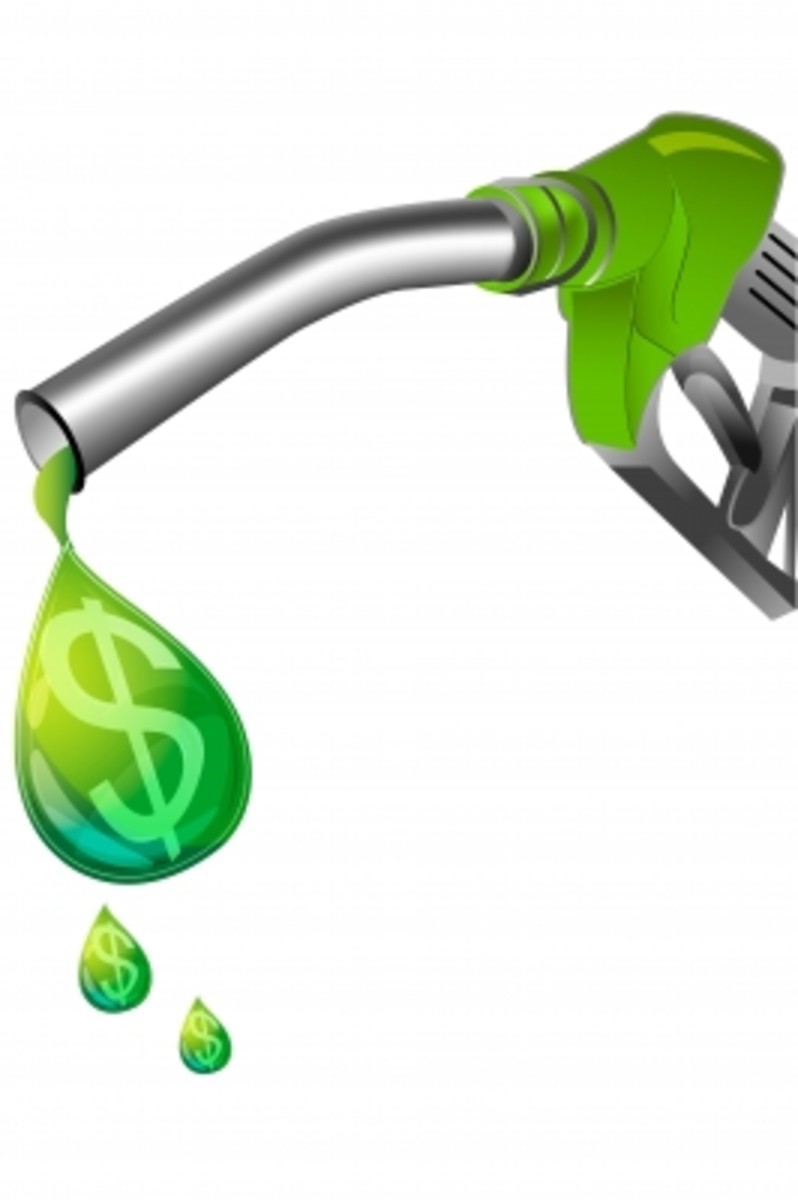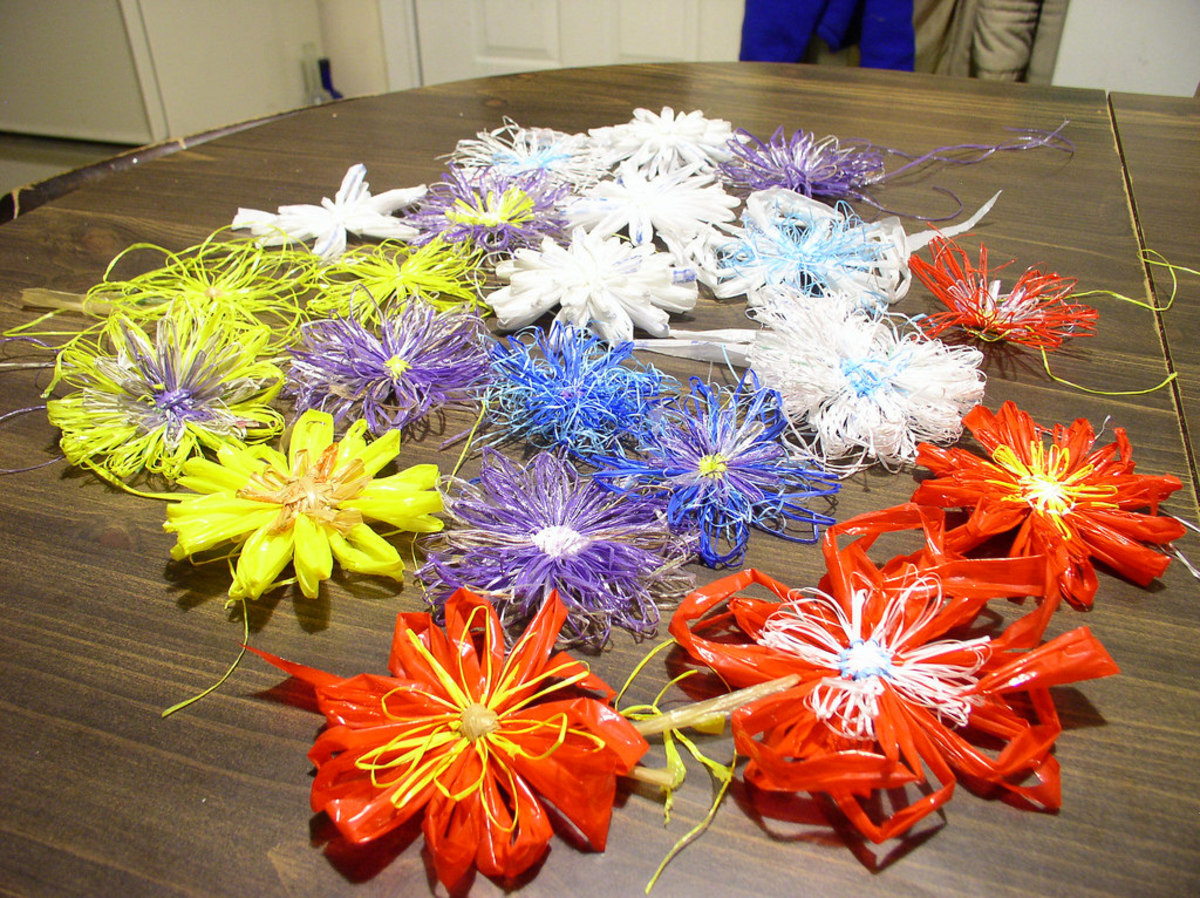Environmentally friendly womens' products: menstrual cups, cosmetics and clothing
As consumers, we would all like to minimise our impact on the environment - reducing packaging, avoiding waste products, using renewable resources and recycling are all ways that can help to protect our environment and prevent pollution. This article is for women who are looking for everyday solutions and products that are designed with the environment in mind.
Time of the month
Single use, disposable tampons and pads have been the norm for most women during their monthly cycles for many years. The amount of packaging and waste that is either flushed down the loo or binned to be sent to landfill is quite appalling, but until recently we have not had much choice. However, there are now numerous products that not only solve the problem of waste, but are actually a healthier choice too.
Menstrual cups are a great alternative to tampons - they are small, flexible, silicon cups that are inserted into the vagina to collect the menstrual flow, and can be removed, emptied, rinsed and reused over and over again. They are clean, comfortable, less prone to leakage, and better for you than tampons as they do not cause dryness, thrush or toxic shock syndrome. Some well known brands are the Mooncup, Femmecup, Ladycup and Diva.
Reusable pads have also become much more widely available, and come in an assortment of colours, fabrics and sizes. Many use organic cotton and fairtrade fabrics, and all are washable and reusable. Brands to look out for are Ecofemme, Wemoon or Charlie Banana. If you are handy with a sewing machine you could even make your own pads out of recycled fabrics, as I'm sure many women used to do before the "throw-away society" and disposable products came along.
Cosmetics
Wanting to look your best does not have to come at a cost to the environment, there are many cosmetic producers that use natural, ecologically sourced and fairtrade products. In England this market was pioneered by the amazing business woman Anita Roddick with the now global chain The Body Shop. The shops stock cosmetics, toiletries and beauty products that are not tested on animals, and use natural, renewable and fairtrade materials. Other companies that produce natural cosmetics include Weleda and JASON, which you may find in your local health store or via online suppliers. I also like to buy hand-made creams and soaps from local herbalists and producers, who can often be found selling their wares at local craft markets. This way I am supporting my local economy as well as saving on transportation of goods.
Reusable make-up removal pads or cloths are a better choice than single-use disposable wipes or cotton wool pads - meaning less unnecessary use of valuable resources and less waste!
Clothing
Being environmentally friendly can extend to all areas of life. Top tips for dressing in a sustainable fashion include:
- Recycling - restyling old clothing for a new look; buying second hand clothing from new-to-you shops, ebay, or from charity or thrift shops (vintage clothing is all the rage at the moment!); swapping clothes with friends when you get bored of them - why not host a clothes swapping party, you could use it to raise money for a charity while getting a whole new wardrobe!
- Buying new organic clothing made from sustainable sources. Fabrics made from organic cotton, hemp or bamboo are all good choices.
- Buy from local producers or makers to reduce the impact of transportation
- Clothes that can be laundered at low temperatures, to save energy
A quick search of the Internet for environmentally friendly clothing will bring up a whole host of specialist eco-friendly clothing retailers. For a start try this online directory - http://www.the-eco-market.com/eco-friendly-clothing-directory.html
Underwear
OK, so you may not want to wear second-hand underwear, but there are still some good choices out there, for instance this UK supplier: http://saumarez.co.uk/index.php who specialise in ethically traded, organic fabrics and environmentally friendly lingerie.
All these little things can make a huge difference to the preservation of our planet, and after all women do make up half the population of the world - just think what we can do!
